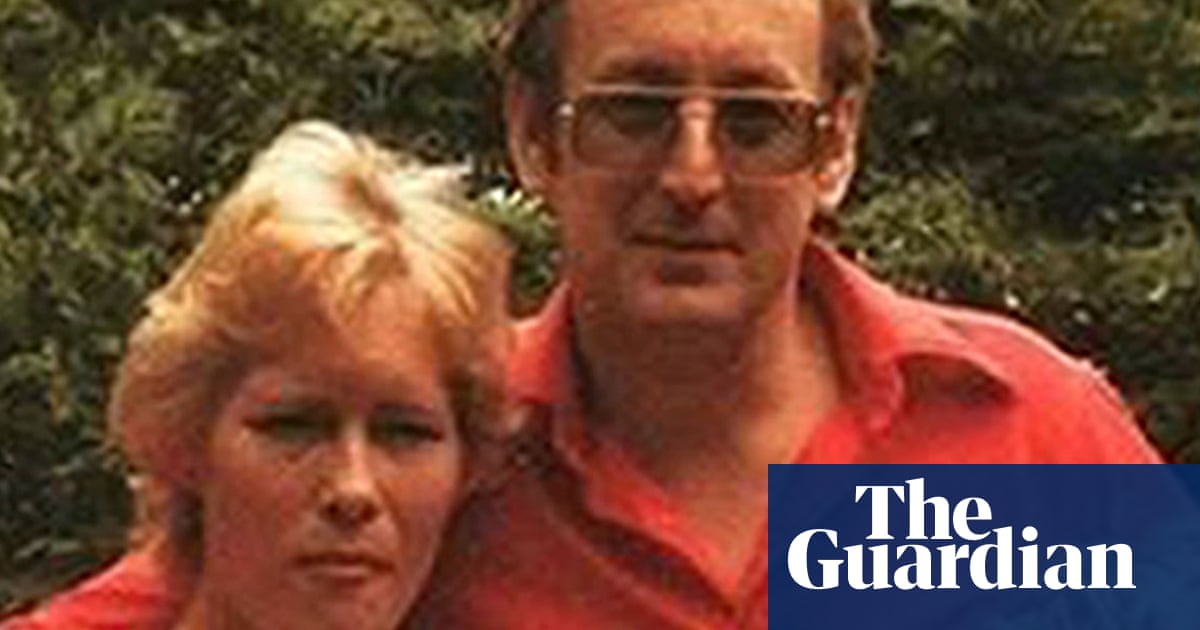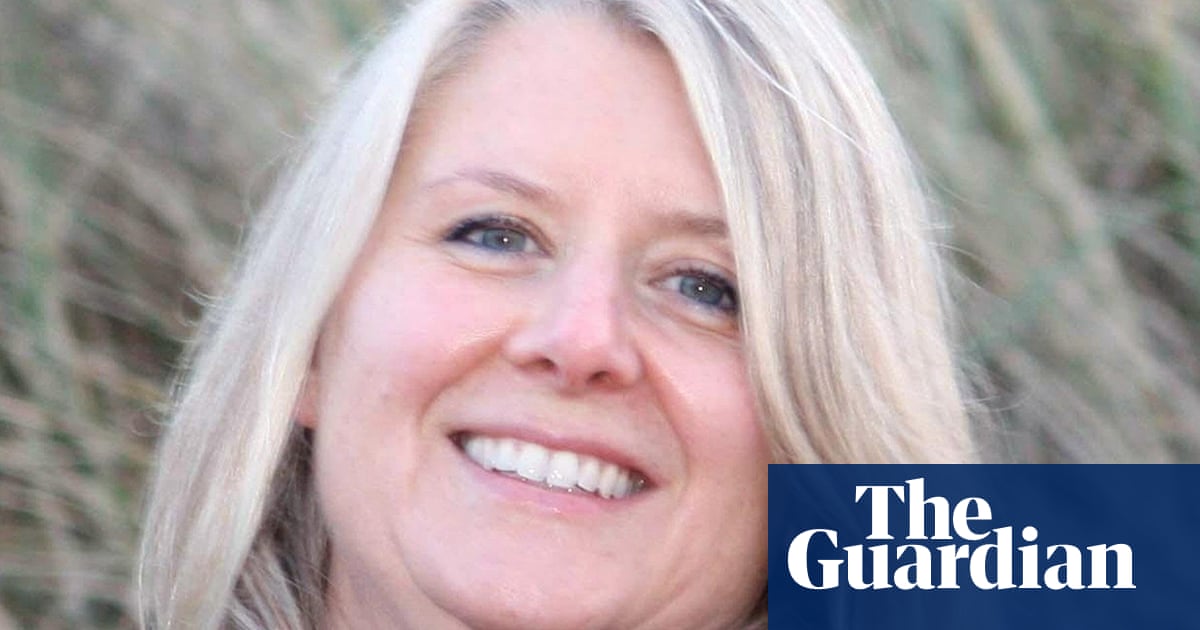
A man convicted of his wife’s 1985 murder has claimed his lover was responsible for the crime at the first ever public Parole Board hearing in England and Wales.
Russell Causley’s hearing was the first that the public have been granted access to since new rules, brought in after the ultimately quashed decision to release the “black-cab rapist” John Worboys, came into effect in July.
Causley, 79, was convicted in 1996 and again in 2004 (after the original guilty verdict was quashed) of the murder of his wife, Carole Packman. He was freed from prison in 2020 after serving more than 23 years for the murder but returned to jail in November last year after breaching his licence conditions, prompting Monday’s recall hearing examining Causley’s application for rerelease.
The hearing was held at HMP Lewes in East Sussex. Members of the public, including Causley’s daughter with Packman, Sam Gillingham, and members of the press, who had registered in advance, watched via video link from the Parole Board offices in Canary Wharf, London.
Among the events examined by the panel were Packman’s murder in 1985, the circumstances of Causley’s recall and the current level of risk he poses.
Asked by Peter Jones, a judicial representative on the three-person panel chaired by retired judge Nick Coleman, whether a previous description of him as a “proven habitual liar” was a fair assessment, Causley said it was. He has changed his account of who was responsible for Packman’s murder and the disposal of her body several times and has never revealed where her body is.
At Monday’s hearing, he told the court that his lover Patricia Causley, who had moved in with him and Packman a year before the latter’s murder, had told him to kill his wife but actually did it herself, leaving him “stunned”.
He said that he disposed of the body by burning it on a fire outside with wood. But the account by Causley, who also described himself as a “lying scumbag” during the hearing, was greeted with scepticism by the panel.
The hearing heard that police found “no credible evidence” against Patricia Causley, whose surname the prisoner took. Asked whether it was “convenient” that he had changed his story, Causley claimed that what he had admitted, with respect to burning his wife’s body, was “far worse than murder”.
Causley, who had unsuccessfully opposed the application for the hearing to be public, was off camera for the entirety of the hearing.
The three-person panel heard that he was recalled when, on 26 November last year, he failed to take his weekly call from his probation officer and to return to the approved premises he was staying at in time for the curfew. He claimed he had forgotten about the call and missed the curfew because he was mugged on the promenade while visiting Portsmouth.
His prison offender manager, who also gave evidence off camera, told the panel that Causley’s behaviour had been “exemplary” since his return to prison, where he worked in the hospital unit with vulnerable people and that she believed him to be of “low risk” of harm to the public.
Under new rules brought in by the justice secretary, Dominic Raab, currently subject to legal challenge, probation officers cannot give a recommendation on release to the panel. But after discussion with Coleman, Causley’s community offender manager confirmed that a previous recommendation for release was unchanged.
A closed hearing that will consider sensitive details of Causley’s risk management plan should he be released will take place on Friday and then the panel, which also included a psychologist who was not named, has to communicate a decision to the prisoner within 14 days.












